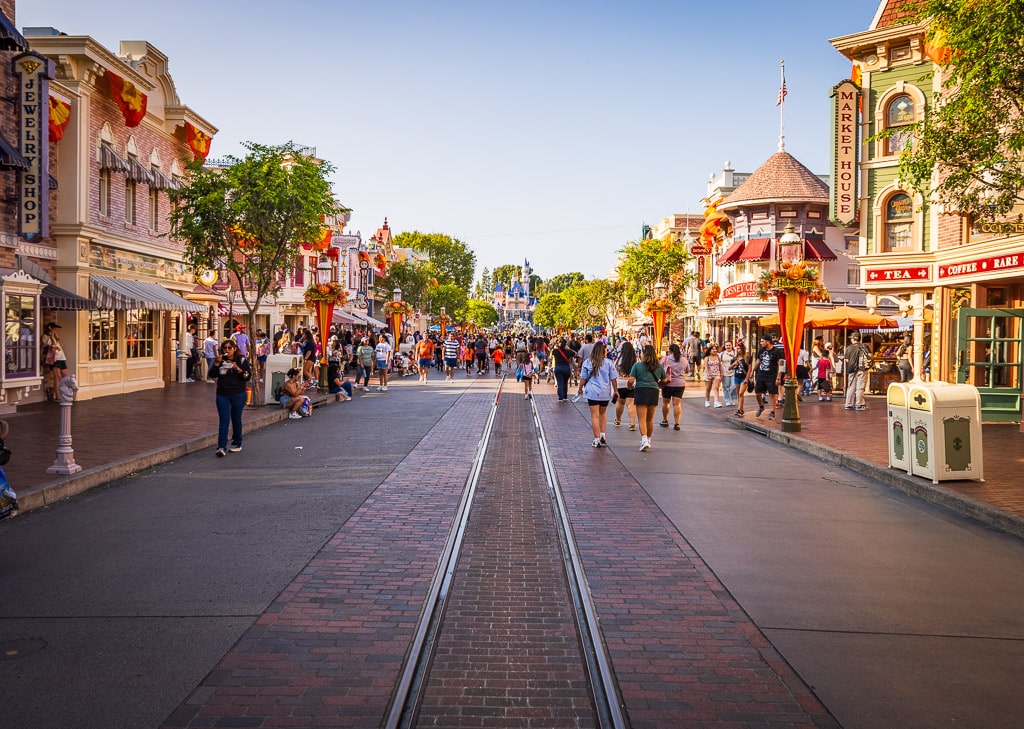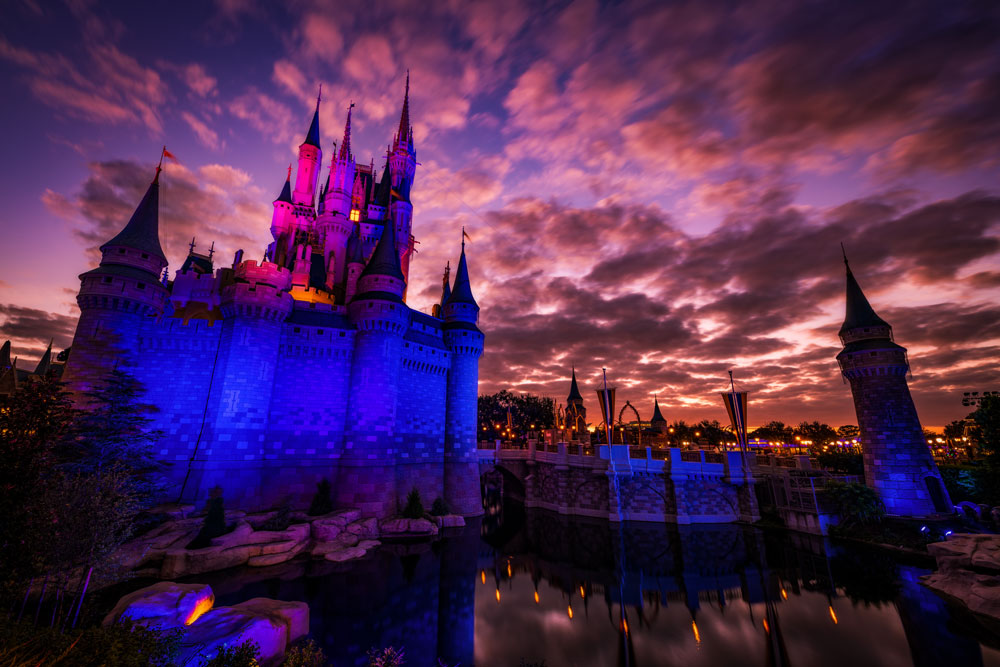
It’s been a rough few years for the Walt Disney Company and fans. After its reputation plummeted in the influential Axios Harris Poll last year, it fell further in 2023. This looks at what’s happened since, negative views of the brand as captured by surveys, and how returning CEO Bob Iger feels about all of that. Plus, our commentary about causes and solutions for the brand damage in what’s essentially a sequel to last year’s Is Disney Ruining Its Reputation?
For the second straight year, the most controversial issue in 2023 has been the company’s public standoff with Walt Disney World’s home state, with an ongoing “battle” between CEO Bob Iger and Governor DeSantis. This is once again making headlines in the mainstream media, and culminated in Disney suing DeSantis and the Central Florida Tourism Oversight District (CFTOD) suing Disney.
This standoff intensified as DeSantis soft-launched his presidential campaign, and sought to make an example of Disney as a symbol of Hollywood hypocrisy and a California company trying to unduly influence political and social issues. The company has also done itself no favors in resolving this conflict, as the now-infamous Development Agreements between Disney and Reedy Creek Improvement District (RCID) made national news for use of the “King Charles Clause”, which effectively revived scrutiny and this whole saga.
None of this is any big secret to those who follow the Walt Disney Company or even watch the nightly news, so probably no need to further rehash the details in what will already be a long post. Regardless of where you fall on the ideological or political spectrum, you no doubt are cognizant of the controversies swirling around the company for the last couple years.
This is reflected by Disney’s standing in the Axios Harris Poll 100 and 2023 Corporate Reputation Rankings. Rather than recovering after a dismal showing last year, the Walt Disney Company has fallen further in these rankings. In fact, there’s one major way the results this year are even worse than last year.
While there are a lot of corporate and brand power rankings, this particular poll by Axios Harris is viewed as influential within the industry. That includes with Bob Iger, who according to the Wall Street Journal, based some of his fears that his successor/predecessor Bob Chapek was killing the soul of the company on last year’s results in this same poll.
Iger believed that Chapek was a failure in the most important measures of success for a CEO: internal satisfaction, investor relations and consumer support. An internal survey of Disney found low morale among Cast Members, which concerned Iger. He also closely followed the Axios Harris Poll, believing last year’s results demonstrated that fans were “falling out of love” with the Disney brand.
Suffice to say, the Axios Harris Poll is important to the company and its CEO (Disney touted being one of the highest-ranking companies on the poll as recently as 2019). There’s no way to spin this or paint it in a positive light: the results are bad (again) for Disney.
This is based on a survey of over 16,000 Americans in a nationally representative sample, and uses a two-step process to determine the rankings. Here’s the good tier (in green) from the 2023 Corporate Reputation Rankings from the Axios Harris Poll 100 where Disney lands:
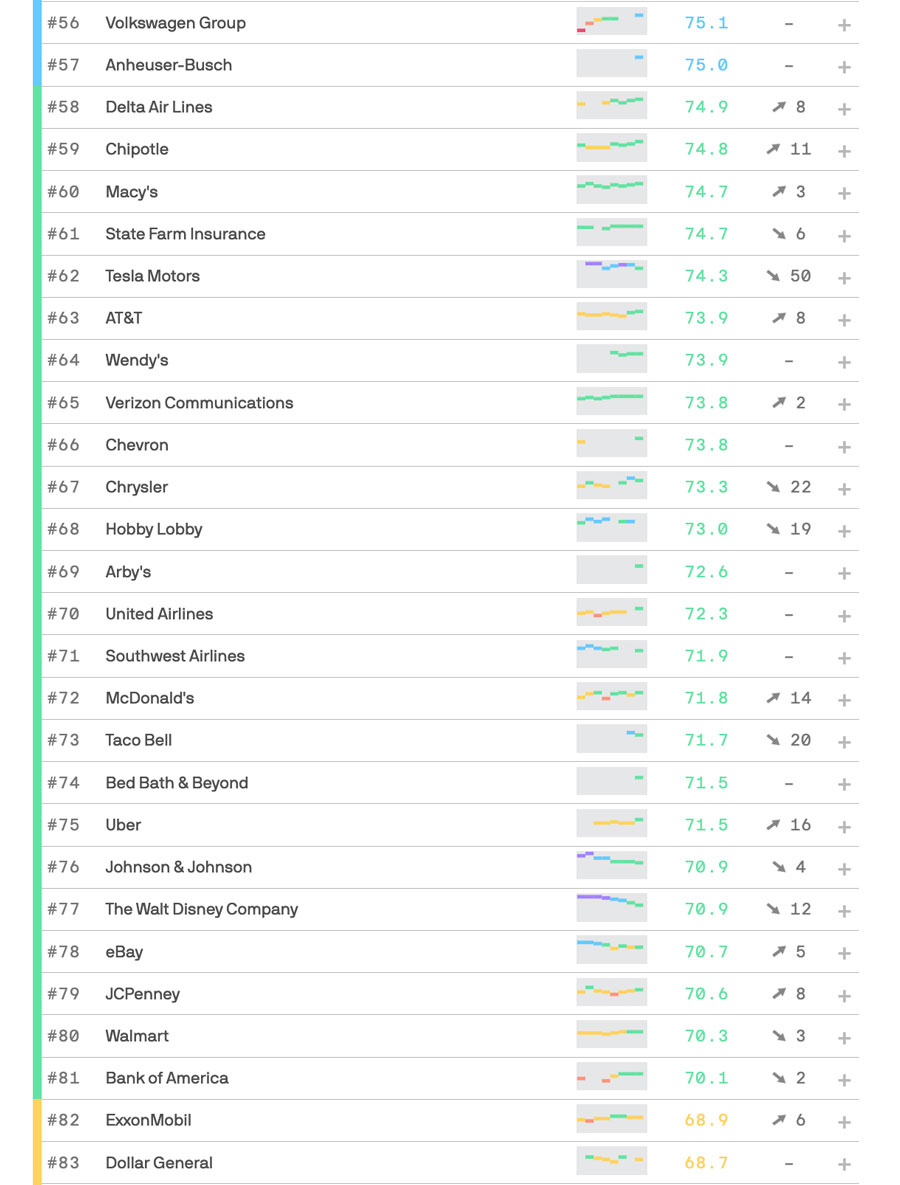
For 2023, Walt Disney Company had a score of 70.9, which is down 12 spots from last year but still in the “good” tier of the list. (Once again, timing comes into play–this poll was conducted during the ‘King Charles Clause’ saga, when it would’ve been freshest in minds and mainstream headlines.)
Last year, Disney scored 73.4 and ranked 65th on the list, which was a drop of 28 spots as compared to 2021–meaning that the company is down 40 spots in the course of 2 years. For the duration of Bob Iger’s first tenure as CEO (through 2019), Disney had scored above 80, always near the top of the list in the “Excellent” tier. Here’s a look at how that changed prior to last year–see if you can spot the trend:
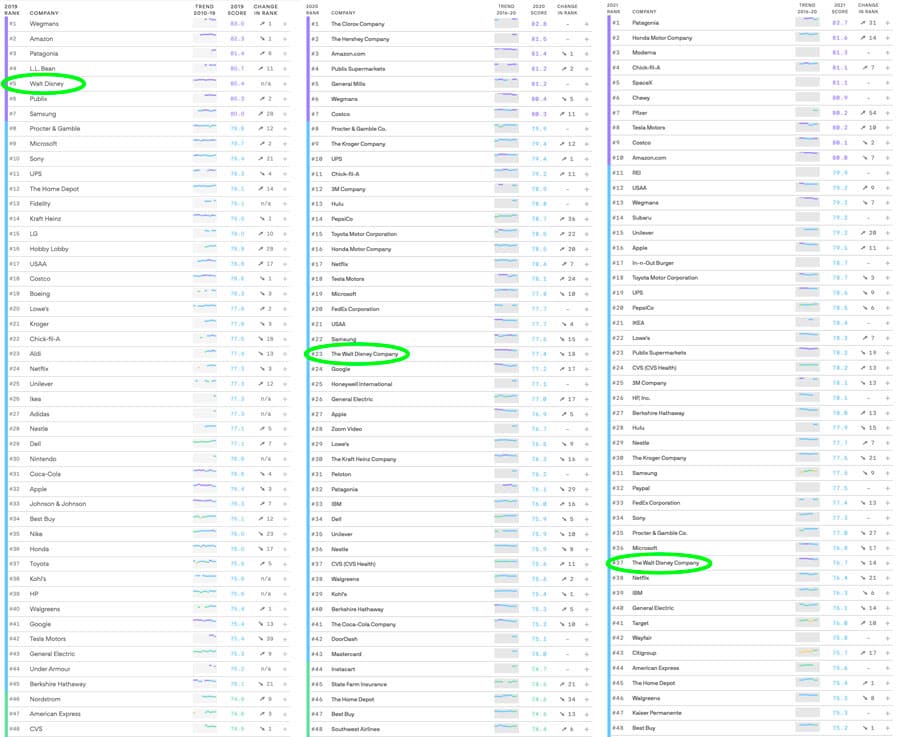
Below is Disney’s 2023 breakdown in the individual category scores of Character, Trajectory, Trust, Culture, Ethics, Citizenship, Vision, Growth, and Products & Services. On the plus side, at least the ‘trajectory’ is high–suggesting there is optimism with the return of CEO Bob Iger.
To put this into perspective, Disney scored ~13 points behind the #1 ranking Patagonia, and scored 10 points behind ever company in the top 10. Other companies with similar declines on the 2023 ranks were Hobby Lobby, Dollar Tree, Netflix, IBM, Taco Bell, and McDonald’s. The company with the biggest year-to-year drop was Tesla, which fell 50 slots.
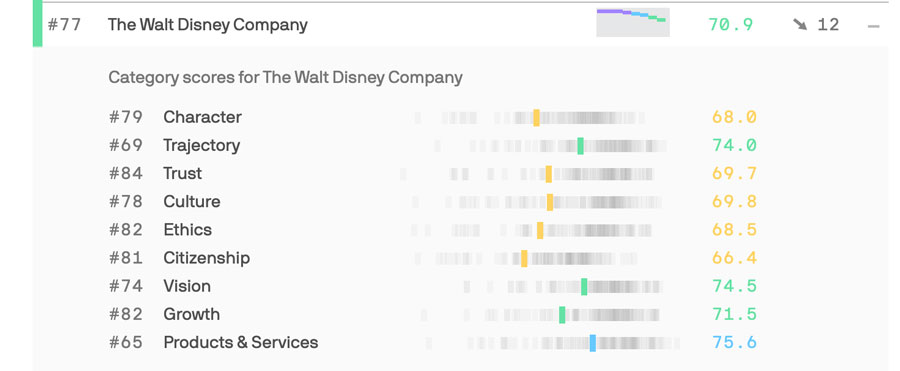
Before delving into the commentary, it’s worth noting that there’s a lot of inconsistency in the rankings. In isolation, it makes sense that Disney would’ve dropped again. However, the dramatic improvements for American Express, Costco, Chick-fil-A, Nike, CVS, JPMorgan, GM, etc. are all less obvious.
As mentioned last year, it’s possible that the Harris Poll is a flawed way to rank certain high profile companies and a good way to rank other ones. Most Americans are both aware of and like their local grocery store chains, automobiles, and consumer electronics. The average American probably doesn’t know much about those corporations; they’re aware of the brand, but clueless about its business machinations. That could explain why many of these companies yo-yo around the rankings. Then there’s Chick-fil-A and Nike, which likely benefit from being another year removed from their last controversies.
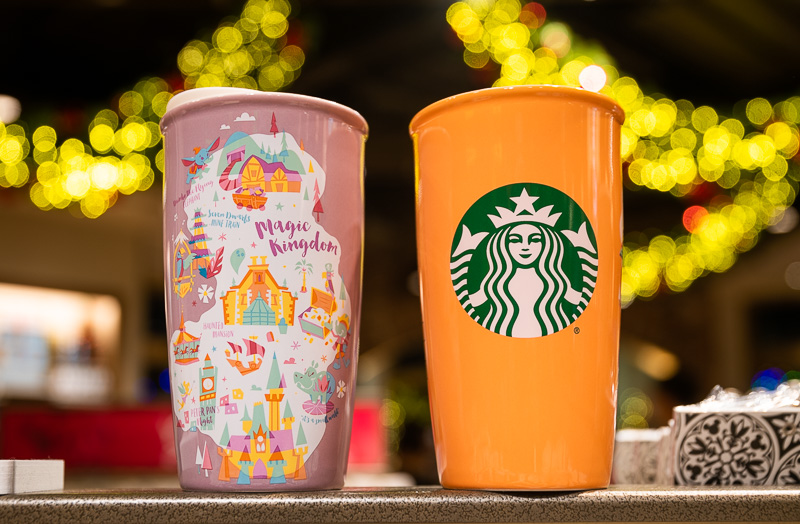
By contrast, there are companies like Disney where the reputation is part and parcel of the brand itself. There are several lifestyle brands like this, that have actual enthusiasts and a wider degree of awareness among the general public. Aside from Disney, companies that come to mind here include Apple, Starbucks, Nike, Tesla, Patagonia, and Trader Joe’s. There are undoubtedly others, as well.
For these companies, movement in the rankings might be much more meaningful. It’s less likely at random, and more likely reflective of how the core audience views the company’s recent actions. That Tesla dropped so much in a year when its CEO became an increasingly polarizing figure is thus unsurprising. (Even after that dramatic decline, Tesla is still higher than Disney.)
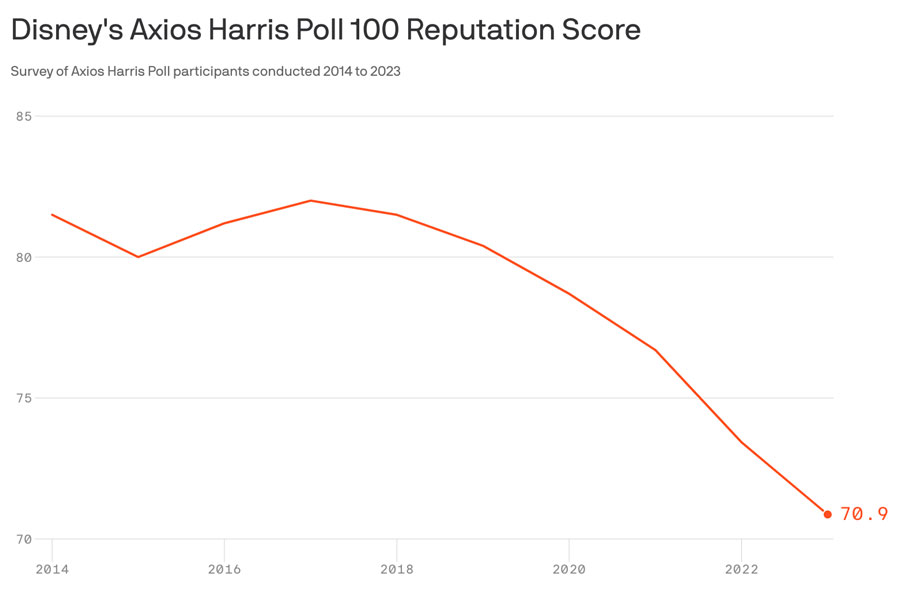
To that point, Disney was ranked as the fifth-most polarizing brand of 100 in the 2023 Axios Harris reputation survey, measured by the gap between the assessments of Republican and Democratic respondents. Among Democrats, Disney jumped to 80.3 from 72.5. Conversely, the company plunged 14 points with Republicans, to 61 from 75.
According to Axios, the average reputational gap between Republicans and Democrats in this year’s survey was 4.4. In Disney’s case, it was 19.3. Disney’s reputation score has been declining in recent years, but that trend line had been bipartisan until 2023. This is the first year of a notable gap between political parties.
Other companies in the ‘most polarizing’ rankings were the Trump Organization, Fox, Hobby Lobby, FTX, Pfizer, Facebook/Meta, TikTok, Twitter, and Chick-fil-A. The reasons why most of those would make the list are likely self-evident–they’re divisive along political lines for obvious reasons.
However, I’ve gotta wonder who, exactly, has a favorable opinion of FTX? (That has to be a lack of awareness–hatred of FTX should transcend politics.) I’m also surprised that there’s a gap for TikTok and, to a lesser extent, Facebook. Anyone who thinks Disney is on par with or worse than that trio is flatly wrong.
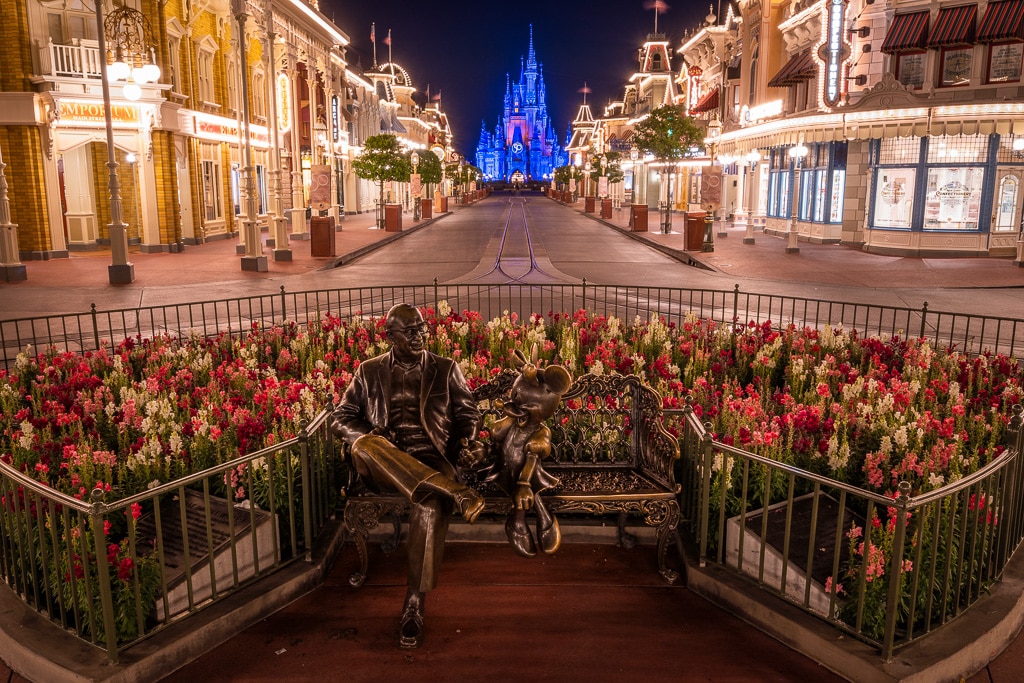
Given the current politicization of everything and hyper partisanship, some people will no doubt use these survey results to vindicate their preexisting beliefs about Disney’s forays into social issues. That is undermined at least to some extent by the rankings of countless companies that have likewise taken stances on social and political issues.
The #1 ranking Patagonia is among America’s most activist corporations, loudly proclaiming its politics. On the other end of the spectrum is Chick-fil-A, which ranked #5 this year. Other high-ranking companies have been embroiled in social and political problems.
Equally as notable, Patagonia made the top 5 lists for both Republicans and Democrats. Axios also notes that older generations of both political persuasions rank John Deere highly, while rural residents of all varieties love 3M, and suburban shoppers have an affinity for Costco. (Disliking $1.50 hot dogs is distinctly unpatriotic.)
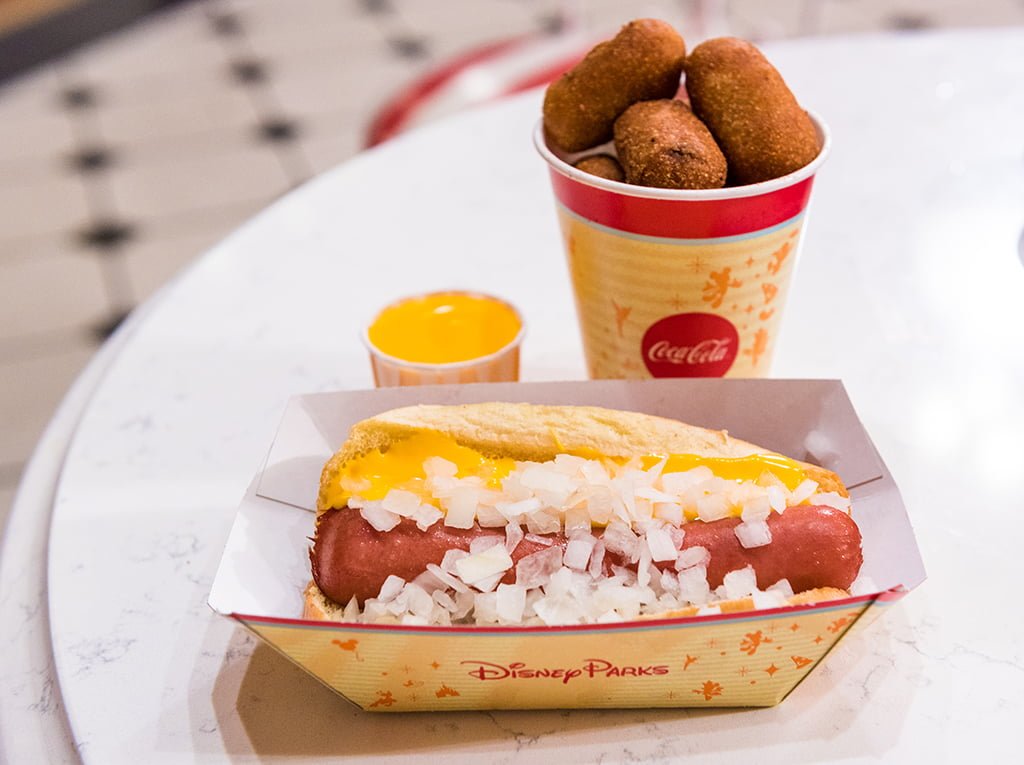
One way to reconcile how well those brands perform as contrasted with the Walt Disney Company is the constant controversy around the latter. Consumers know where Patagonia, Chick-fil-A, and other brands stand–but it’s not in their faces on a weekly basis. Many people might thus be willing to overlook that if they want a superior down sweater or delicious chicken sandwich, even if they’re not ideologically-aligned with those brands.
This might come as a surprise to those on the front lines of the culture wars, but most people aren’t actively engaged with this stuff. It’s only brought to their attention when making the nightly news or perpetual headlines. By and large, average Americans do not want or need validation of their beliefs by big businesses.
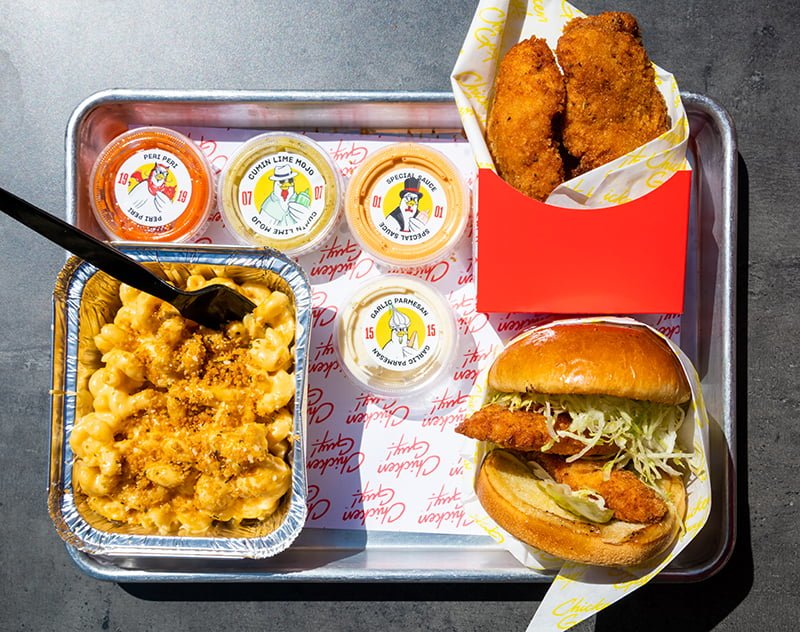
That’s a good segue into how Disney can fix its slide. The obvious answer is to diffuse and deescalate the current standoff between Walt Disney World and CFTOD, Iger and DeSantis. From the perspective of the company’s reputation, the sooner this stops making headlines, the better.
This is not to say that’s the “right” thing to do–it’s not a value judgment in any shape or form. It’s simply viewing this feud through the narrow lens of the company’s reputation, and acknowledging that it has inflicted brand damage on Disney.
(Frankly, I’m not even sure unilateral deescalation is possible. As we’ve repeatedly pointed out, this is largely political theater aimed at giving red meat to the base and raising political profiles–not actual governing or public policy. There was radio silence from Disney for several months late last year and in early 2023, and they were still a punching bag during that time.)
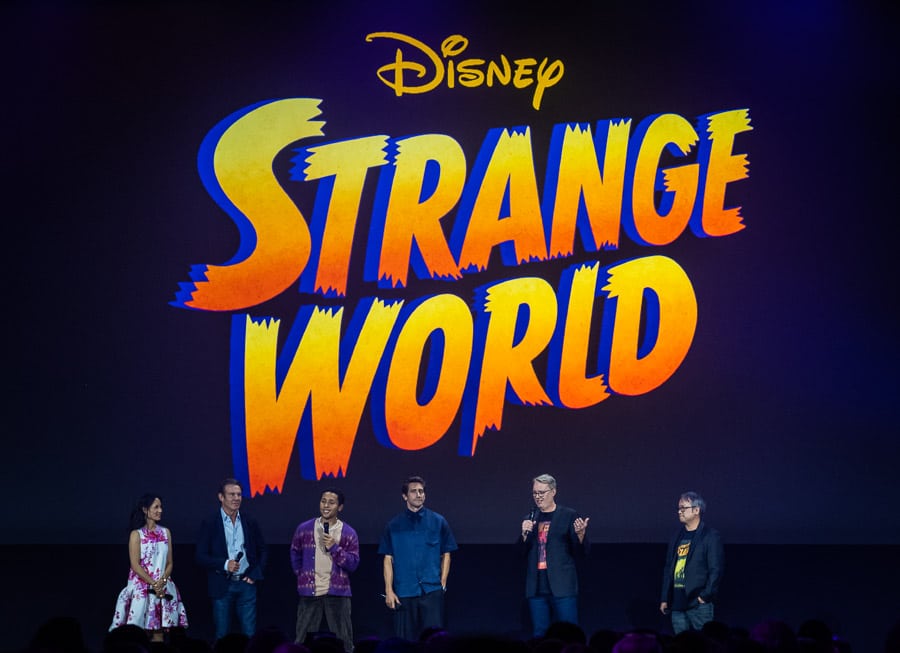
Beyond that, there’s the reality that quality will always win out. In our commentary to last year’s version of this post, we looked at a high-profile string of Disney’s box office bombs, in particular Lightyear and Strange Worlds, and how the narrative that emerged around those is that they failed due to having certain agendas.
Our view was and is that they failed because they were not good. A lot of ‘movies with messages’ succeeded last year; many vapid blockbusters flopped. (When in doubt, employ Occam’s razor.) Nevertheless, there’s a cottage industry built around fanning the flames on culture wars. Movies underperforming only add fuel to the fire, and strong box office results throw water on that.
(In the media sphere, the best example refuting this notion is HBO. For as long as I can remember, most of their original programming has had obvious ideology. Very few normal viewers cared, though, because the shows were so good. It wasn’t until hits had bad seasons or there were high-profile flops for that to be attributed to an agenda.)
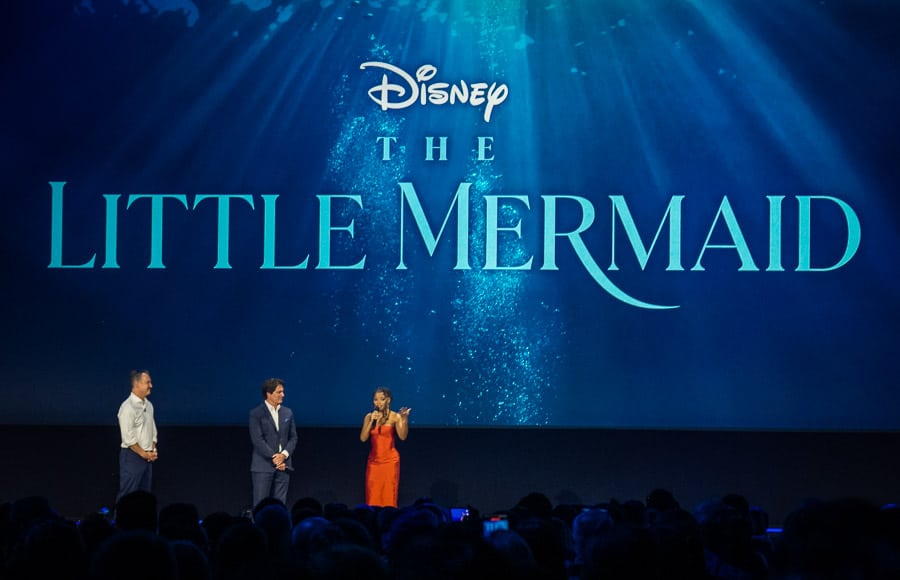
Disney will have its own ‘case study’ of sorts this weekend. Whether the steady-stream of outrage fodder continues for The Little Mermaid hinges almost entirely on its Memorial Day box office results. If it falls short, that’s viewed as vindication and there’s a deluge of YouTube videos and rants. If it hits $100 million for the opening weekend, that dries up–the results won’t fit the preconceived narrative. (That dynamic alone should show how stupid, exhausting, and manufactured this all is.)
In a nutshell, the easiest way to quiet these criticisms on the film front is producing a steady string of hits. While I don’t think the flops have actively hurt Disney’s reputation to the degree certain commentators suggest, I do think that the undeniably uneven output of Star Wars, Marvel, and animated content hasn’t helped.
People largely ignore content that doesn’t appeal to them but actively embrace what does resonate, especially on an emotional level–the hallmark of Disney’s past successes. There’s probably a reason why Disney’s reputation peaked when it was cranking out hit-after-hit in the MCU, plus animated modern masterpieces including Frozen, Moana, Zootopia, Inside Out, Coco, etc. (As much as I personally hate them, I have to admit that the live action remakes during that stretch were also a good ‘reminder’ to audiences of what they love about Disney.)
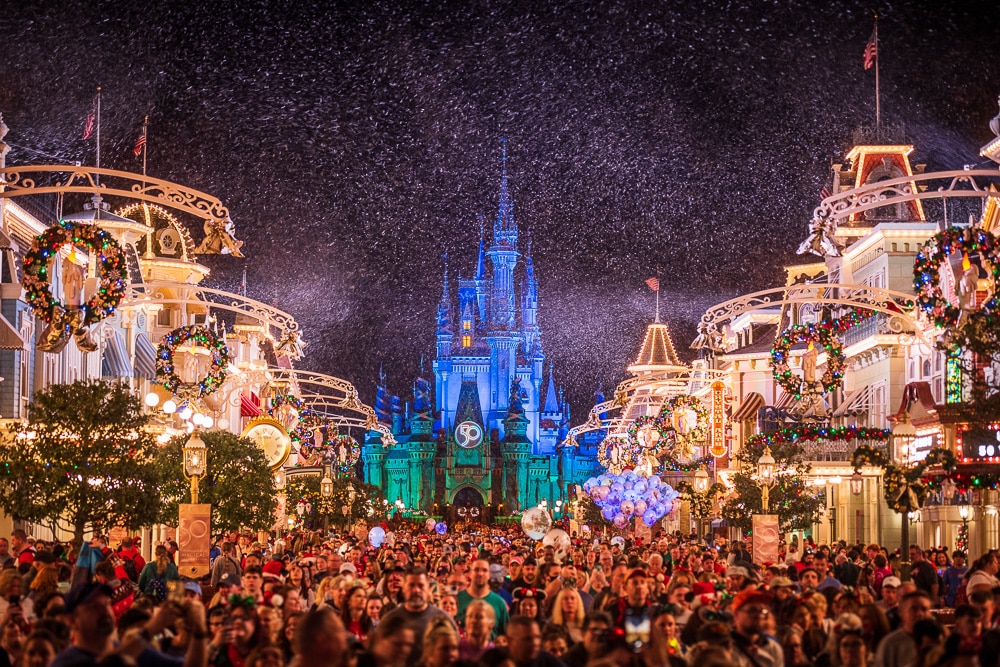
Then there’s Walt Disney World and Disneyland. The last couple of years have seen sky-high attendance, suggesting consumers aren’t actually voting with their wallets to “boycott” Disney. At that same time, there have been a number of changes negatively impacting the guest experience.
We’ve repeatedly mentioned that guest satisfaction scores at Walt Disney World started dropping precipitously in Fall 2021–before Disney vs. DeSantis–that would track with the company’s nonpartisan reputational decline prior to this year. The discrepancy between attendance and satisfaction can be explained largely by pent-up demand, and the reality that many visitors don’t know what they’re getting themselves into until they actually visit the parks. (Hence the lower satisfaction and intent to revisit scores after their trips!)
This has also led to us repeatedly harping on the shortsightedness of the company prioritizing short-term financial success over cultivating an audience of loyal, long-term fans. From our perspective, this is the crux of the biggest issue for the Walt Disney Company. This perspective is reinforced by Disney seeing significant reputation drops in 2020-2022, years in which Axios indicates there was not political polarization in the company’s scores.
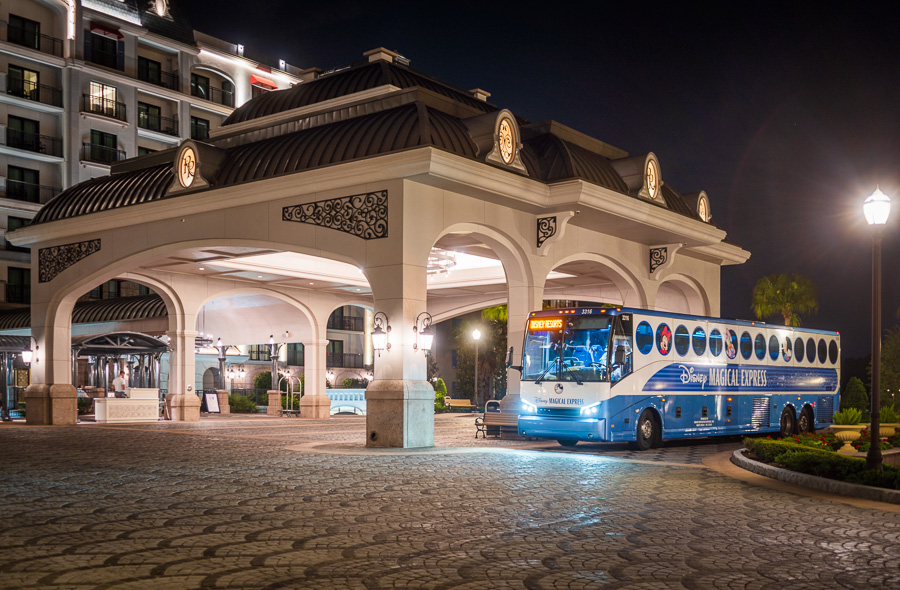
It’s pretty wild to now think of 2019 as the halcyon days of Walt Disney World and Disneyland, but with the benefit of hindsight, they were. Go ahead and watch this great ad from 2015, which underscores just how much has changed about the guest experience. Disney’s Magical Express, free FastPass and MagicBands, reservations-free visits, unlimited Park Hopping, and the Disney Dining Plan are unavailable…at least, for now (and while the survey was conducted).
That’s just a partial list. There have also been the countless price increases, resulting in an over 40% increase in guest spending. If you want a rundown or refresher, see this list of the biggest Walt Disney World fan complaints and that post’s most recent comments for insight into why so many fans are disgruntled.
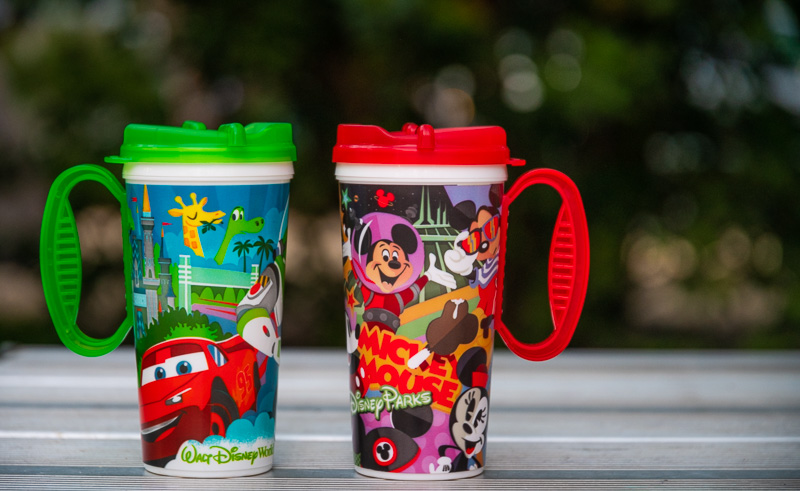
The good news is that all of this, too, is fixable. Chapek hand-waved away concerns about guest satisfaction, bluntly stating that demand was the driver of price increases and that consumers were voting with their wallets. “It’s all up to the consumer. If consumer demand keeps up, we’ll act accordingly,” he said.
By contrast, it was pretty clear upon returning that Bob Iger wasn’t wild about how things had gone under Chapek and the degree to which there was disillusionment among fans. A little over a month after returning, he started moving on that sentiment by announcing 3 Big Changes at Walt Disney World to Improve Guest Experience & Value. A few months later came the announcement of 5 Major Improvements for 2024 at Walt Disney World.
Those things will undo most of the major complaints we’ve heard in the last few years from Walt Disney World visitors. That alone will create a stronger impression of the company in the eyes of consumers and fans.
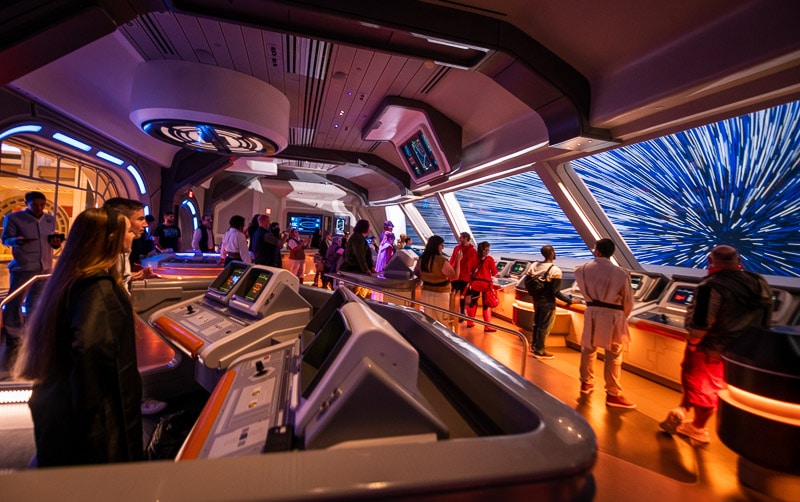
Disney has also abandoned the highly-priced and controversial Star Wars Galactic Starcruiser (something we specifically pointed to last year as being polarizing and unpopular with fans despite its quality). They should do the same with the $100,000 private jet Disney Parks worldwide “adventure” and the new Cotino Storyliving by Disney community on the outskirts of Palm Springs, two other Chapekian initiatives that garnered a ton of negative attention.
The company would be well-advised to stop pursuing such projects in the future that only reinforce the notion that the notion that Disney has abandoned its middle class roots and is chasing the wealthy. Whether true or not, it’s a terrible look and one that comes with minimal upside. There were 75 slots on that private jet trip, and probably only a few hundred homes in that stupid subdivision–meanwhile, hundreds of thousands of ordinary Americans have read or heard about these one-percenter plans.
It’s one thing to be an aspirational middle class brand–people don’t mind upmarket theme parks or cruise ships. But there is a line, and Disney used to be better about not crossing it. Or at least, not doing so in such a highly-visible, in-your-face manner.
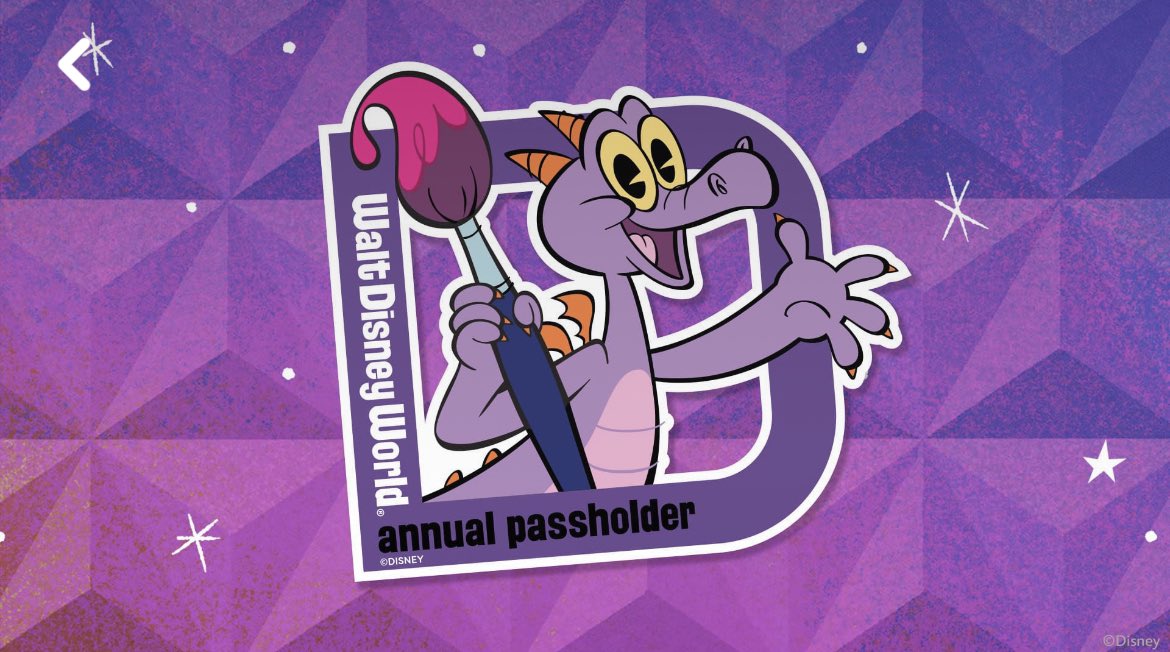
Lower prices and crowds will also help, as will guests feeling like they’re actually valued, and not just being nickel and dimed to death. As we’ve mentioned repeatedly, Walt Disney World already has released over a dozen different discounts for 2023, which is more than were available for the entirety of last year. In addition to this, new Annual Pass sales resumed (and have not yet stopped!) and more is being done to show appreciation to fans and locals, from new discount ticket offers to VIPassholder Days.
On the company’s latest earnings call, CFO Christine McCarthy warned of a slowdown at Walt Disney World in the coming quarters. This is already happening, with a higher than normal post-spring break attendance drop, resulting in the Slowest Six Weeks for Walt Disney World Crowds Since 2021. While “shoulder season” is always slower than spring break or summer, current crowds are off by roughly 20-25% as compared to the same weeks last year.
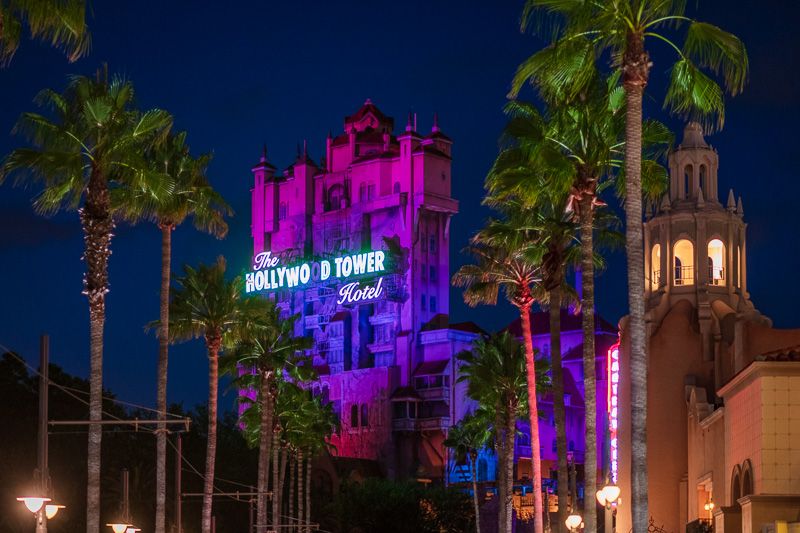
Part of what’s happening at Parks & Resorts right now is undoubtedly an ‘Operation Chapek Cleanup,’ and another part is a drop in demand necessitating guest-friendly changes. Pent-up demand lasted longer than anticipated, and frankly, it was a distortion that had unhealthy consequences at Walt Disney World and beyond.
Putting that in the rearview mirror is good for consumers and the long-term health of the company–especially its reputation and guest goodwill. Walt Disney World not doing record-breaking numbers regardless of the guest-unfriendly decisions and changes they make–and instead having to actually compete for customers–is a good thing. Chapek would’ve been well-advised to appreciate that even as “revenge travel” created so much success.
It’s downright paradoxical. High attendance and spending at Walt Disney World was not indicative of high satisfaction or a stronger reputation for the company–the opposite was true in actuality. Now, lower attendance and spending at Walt Disney World are leading to positive changes that almost assuredly will improve satisfaction and undo brand damage, and are not indicative of boycotts or brand damage. In both cases, pent-up demand (or lack thereof) was or is the root cause.
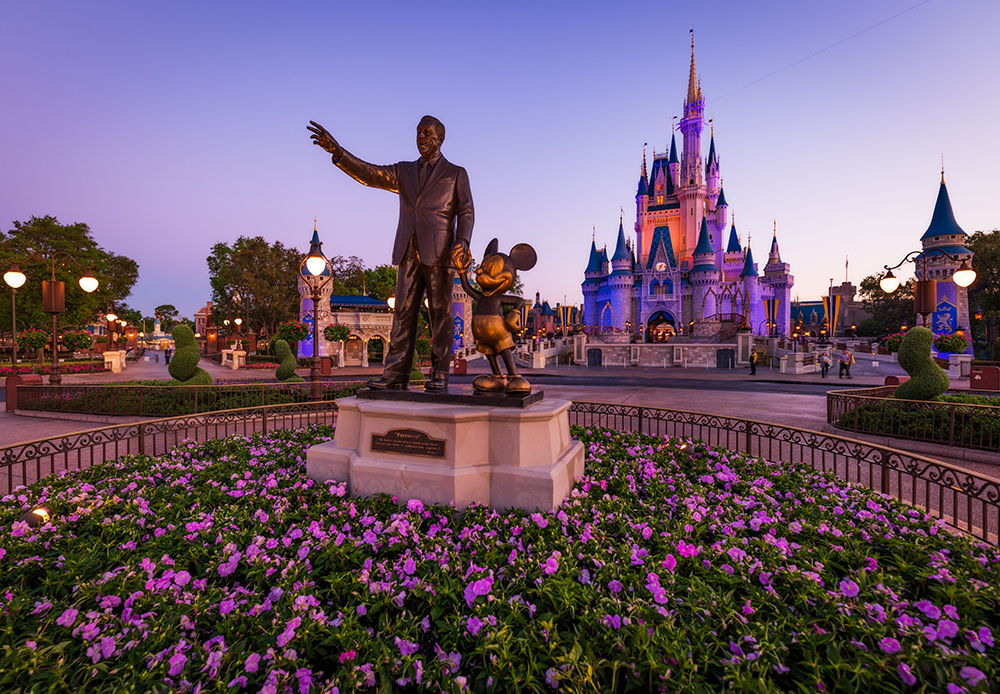
The other good news for Disney is that improvement is possible if they make a good faith effort to right the ship, as the general public has short memories when it comes to controversies. In spending way too much time studying the Harris 100 lists between 2018 and 2023, one thing that became clear is that most damage is not fatal. Negative headlines are most impactful the closer they coincide with the survey window, and become increasingly irrelevant as time passes.
Multiple companies have bounced back the year after big scandals, forgotten from memories as the outrage du jour long since moved on to something else. Unless a company is out there regularly spilling oil on baby seals, reputational recovery is achievable. Long-standing image and general business practices matter a lot more than temporary mistakes. As should be the case–ethics and missteps are not the same.
Bob Iger is undoubtedly aware of this and the company’s missteps in the last year–some of his deferential and concialtory responses to questions during the 2023 Annual Meeting of Shareholders indicated as much. The brand damage and falling guest satisfaction scores from the Chapek era are also precisely why some of the aforementioned moves have been made at Walt Disney World and Disneyland. Now, it’s time to put the rest of the controversies in the rearview mirror, deescalating high-profile public battles where possible, and making every effort to ensure the company is producing excellent content. Quality will always win out.
Need Disney trip planning tips and comprehensive advice? Make sure to read Disney & Universal Vacation Planning Guides, where you can find comprehensive guides to Walt Disney World, Disneyland, Universal Orlando & Hollywood, and beyond! For news & rumors, on-the-ground updates, discount information, free downloads of our eBooks, and much more, sign up for our FREE email newsletter!
YOUR THOUGHTS
What’s your take on Disney’s declining reputation? Think the company can bounce by making fewer headlines and producing high-quality content? Hope the DeSantis vs. Disney battle starts to de-escalate soon? Will the guest friendly changes made earlier this year–with more on the horizon for 2024–coupled with lower crowds and more discounts result in higher happiness among Walt Disney World and Disneyland visitors?
Regardless of your perspective on the reasons for Disney’s brand damage, please keep the comments civil. This is not the place for politically-charged arguing, antagonism, personal attacks, or perpetuating pointless culture wars. There’s a way to tactfully convey points touching on politics and social issues without being disrespectful or disparaging. Without regard for viewpoint, we will delete comments that cross the line, are lacking in decorum or don’t attempt to thoughtfully contribute to the conversation. If you wish to rudely shout your anger into the internet abyss or troll for controversy, that’s why Facebook was invented.





